Safety

Farmers demonstrate against pesticide bans
French farmers have called for a large demonstration. Between February 8 and 20, 2023, farmers will drive their tractors into the heart of Paris to protest against the gradual decline in French agricultural production. The farmers have an ever-decreasing number of pesticides at their disposal to protect their crops.
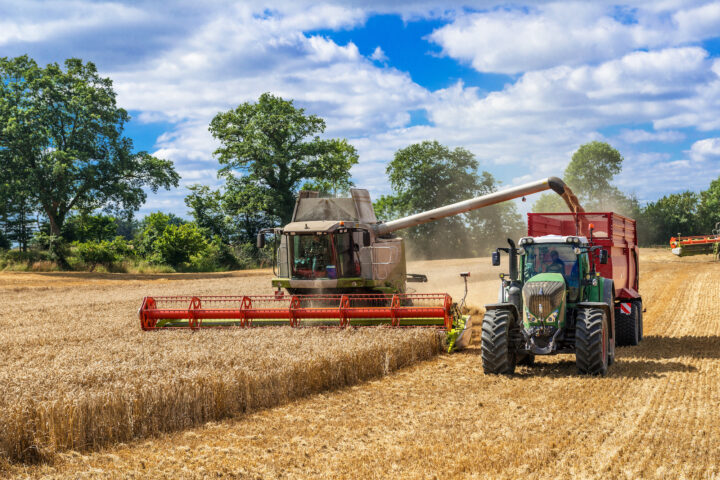
The great benefits of biotechnology in agriculture
Bioengineered crops have been cultivated in many parts of the world for around 25 years. Several publications bear witness to the great benefits of biotechnology in agriculture. The cultivation of the plants has a positive effect on the environment, the climate and yields for farmers.
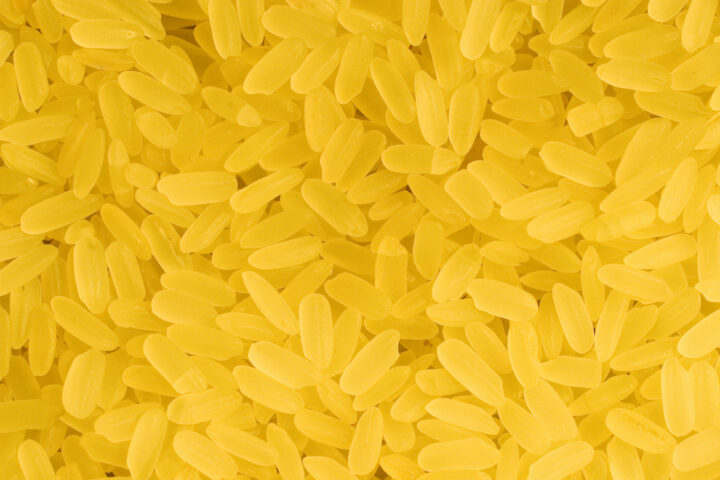
Philippines: Farmers Harvest the First Golden Rice
The world’s first Golden Rice harvest recently took place in the Philippines. The rice is enriched with a beta carotene gene, which can be converted into vitamin A in the human body. The aim is to bring an end to the widespread vitamin A deficiencies in developing countries. But there has been and still is massive resistance to growing it.
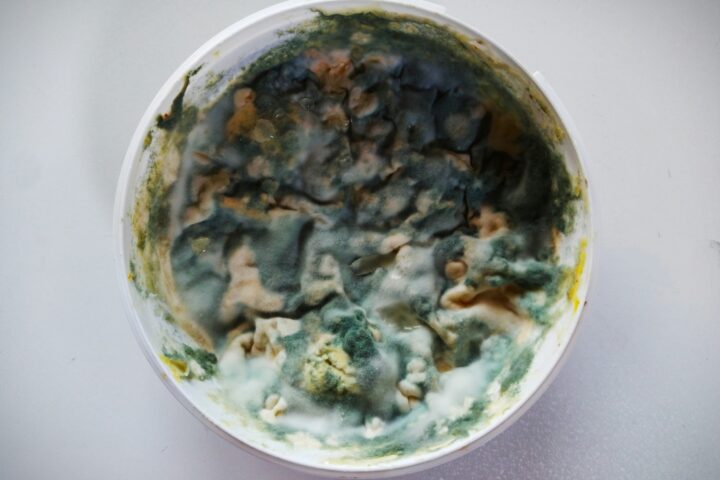
Natural Toxins: An Underestimated Risk in Our Food
Safe food cannot be taken for granted. While chemical substances are often the focus of public criticism, reality shows that the greatest risks to food safety are of natural origin. Recent recalls of infant food products illustrate how insidious bacterial toxins or moulds can be.

Herbal Teas: Making You Sick Instead of Slim
Plant protection products are frequently the focus of public criticism. Far less attention is paid to the fact that natural ingredients in teas and dietary supplements are also biologically active and can pose health risks.
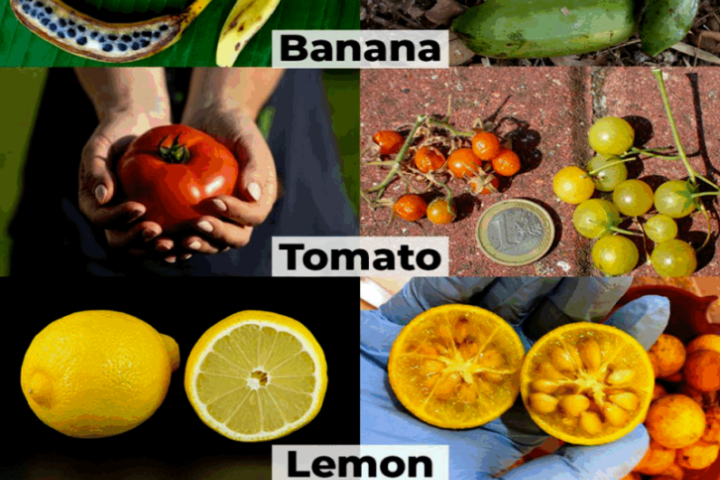
Beautiful and delicious mutants on your plate: The misunderstood world of crop improvement
When most of us hear the word mutation, the images that come to mind are not positive. We think of radioactive monsters, comic book villains, or genetic diseases like sickle-cell anemia. In popular culture, “mutants” are often synonymous with danger. Possibly the most famous are Marvel’s X-Men, who have enjoyed four big-screen incarnations and an enduring place among sci-fi movie aficionados.

Residues, thresholds, trust – looking calmly behind the headlines
In this conversation with toxicologist Lothar Aicher, the discussion focuses on how residues enter the body, how their potential harm is assessed, and what role modern analytical methods play.

Hazard is not the same as risk: how we understand – and should understand – threshold values
In this episode of the podcast, risk researcher Angela Bearth discusses residues and threshold values in food – a topic often debated emotionally. In public discussions, threshold values tend to dominate, while the complex challenges of agriculture are rarely considered. Studies show, however, that once these relationships are explained and solutions are addressed, people respond in a more differentiated way.

PFAS, trade-offs and responsibility – how politics and agriculture find solutions
In this episode of the joint series by Agrarpolitik – der Podcast and swiss-food.ch, National Councillor Christine Badertscher discusses how residues and threshold values are debated in Parliament.

Thresholds, approvals, responsibility – how plant protection products are really assessed
Threshold values are often at the centre of public debate – yet in reality they are only a small part of a much broader risk assessment system. Dr Michael Beer, Head of the Food and Nutrition Division at the Federal Food Safety Office, provides clarity.

'There is also a life before death' – Wine Pope Philipp Schwander on the Zeitgeist and the Activism of Health Authorities
The Swiss Master of Wine criticizes in an interview that wine is increasingly being demonized – contrary to scientific evidence and without any discussion about dosage and risk.
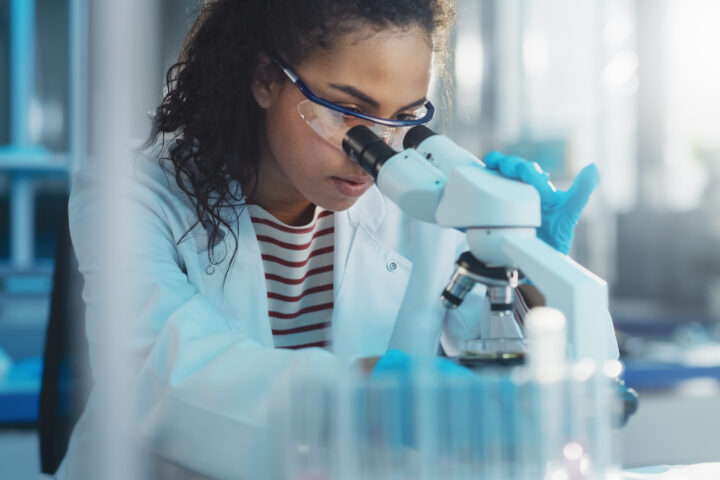
Approval studies for plant protection products are science-based
The approval of plant protection products in Switzerland is subject to strict legal requirements. Ultimately, this approval process is based on scientifically sound studies. These studies are financed by manufacturers, but they must comply with clearly defined governmental requirements and controls. The aim is to ensure reliability and independence.

Research into fungal diseases in Lyon
Fungal diseases are one of the greatest threats to global food production. They endanger crops, cause billions in damage every year and have always put farmers under pressure. A detailed report by RTS provides insights into Bayer's global research and development centre in Lyon, where new, environmentally compatible fungicides are being researched.

ESG reporting: little has been achieved apart from expenses
The ESG criteria (Environmental, Social, Governance) are intended to guide companies towards sustainable action and transparency. Companies have to invest considerable resources in complying with regulations and preparing reports. The workload is constantly increasing. For many companies, these requirements are an enormous bureaucratic burden – with little or no benefit for actual sustainability.

The underestimated danger of plant toxins
Plants produce a variety of chemical substances to protect themselves against predators and diseases, for example. These substances can have a toxic effect in high doses. A recent study by Agroscope highlights the danger of natural substances in Swiss waters.

Natural is naturally dangerous – Why the plant's own poisons are underestimated
Many believe that natural foods are safer than those with synthetic pesticides. But plants produce their own poisons – and these are often just as risky. While artificial residues are regulated, natural defences are largely ignored. A fallacy, as scientist Bruce Ames shows.

Drink water without hesitation
Various mineral waters were tested for purity for the French consumer programme «A Bon Entendeur’». Residues of degradation products of the pesticide chlorothalonil were found in some of them. However, according to ecotoxicologist Nathalie Chèvre from the University of Lausanne, there is no cause for concern.

Why trust in science is so important
It is essential that society has confidence in research. Only in this way can it realise its maximum potential and ultimately overcome social challenges such as climate change or a pandemic. But there are also critical voices: Some of the Swiss population has little or no trust in science. Four experts debated how research can gain people's trust at an «NZZ Live» panel discussion.

Authorisation of new crop protection products: federal government hesitates, parliament exerts pressure
In Switzerland, the authorisation of new crop protection products is stalling. And there is a disturbing asymmetry. The federal government immediately withdraws authorisations for crop protection products that the EU takes off the market.

On the trail of POISONs
New 2023 data from Tox Info Suisse shows: Medicines and household products are primarily responsible for poisonings in Switzerland. Tox Info provided over 40,000 telephone poison counselling sessions last year. The statistics contrast with the media coverage. When the media talk about "poison", the focus is usually on pesticides. In the consultation statistics, however, products from agriculture and horticulture figure towards the bottom of the table with 2.2 per cent of consultations.

Why emergency authorisations are on the rise
Blick and Beobachter report that the federal government is increasingly approving emergency authorisations for crop protection at the request of manufacturing companies, suggesting that substances banned on the Swiss market are being reintroduced through the back door, so to speak. The story is as engaging as it is false. What is true, however, is that there are more and more pests for which no authorised products are available. The authorisation process is stalling.
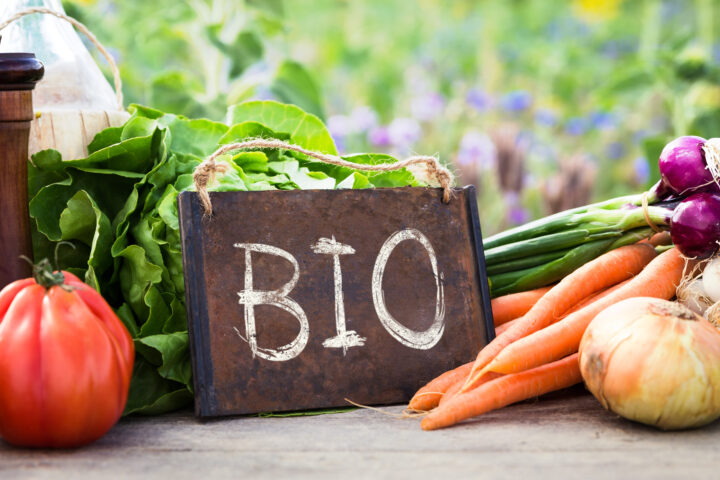
"Organic is not automatically healthier"
Can pesticides be found in urine if you only consume organic products? A journalist from CH-Media asked herself this question. She wanted to carry out a self-experiment to find out whether organic food is healthier. The results and the expert statements speak against it.

It pays to take a closer look
Pesticides are to blame for an increase in brain tumours in children in the Zürcher Weinland and the Bernese Seeland, according to a study carried out three years ago. Experts commissioned by the federal government have now come to a different conclusion: the results could also have been accidental.
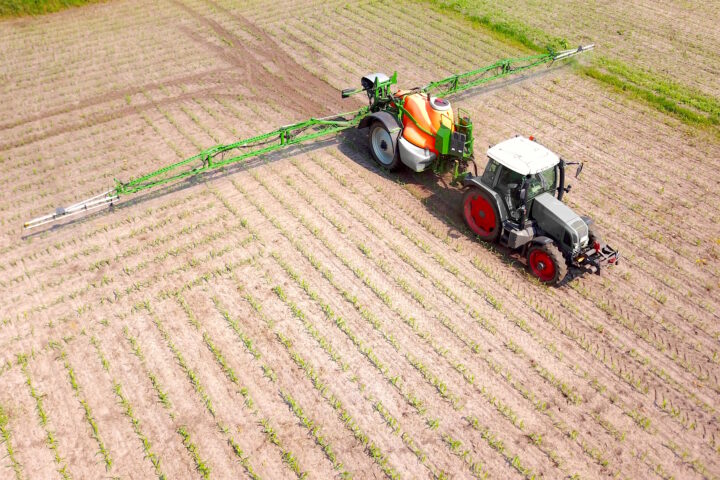
EU authorises glyphosate for another 10 years
The EU Commission has decided to endorse the assessment of the European Food Safety Authority, which found no critical problem areas regarding the effects of glyphosate on the environment and human and animal health. The EU Commission's science-based decision to extend the authorisation for a further 10 years is also a rejection of the scare campaigns by Greenpeace and Co.
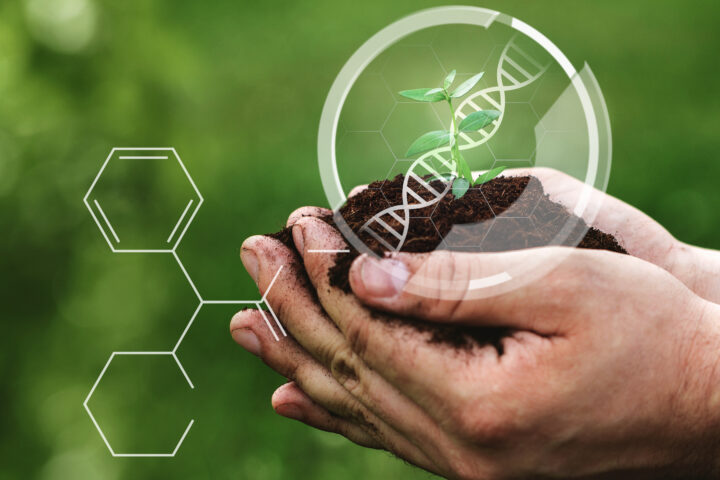
The Federal Council and the new breeding technologies: Too little and too late
It is disappointing what the Federal Council announced in a media release on 25 October 2023 on the subject of new genetic methods. Both in terms of content and timing, the government is putting on the brakes. The dithering is incomprehensible.
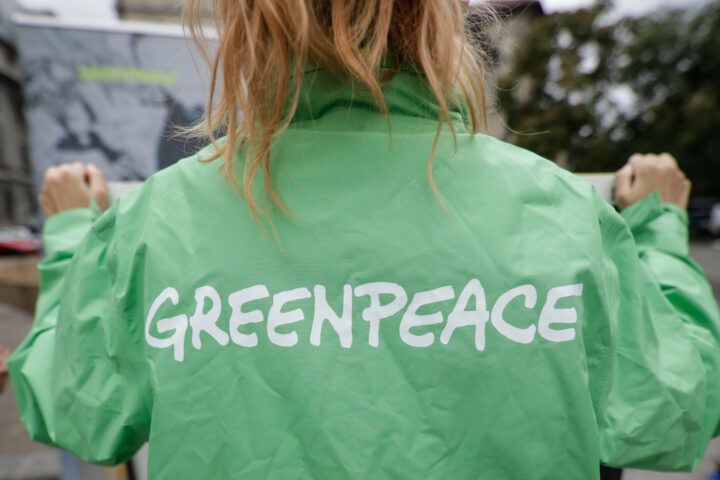
Greenpeace and the matter of facts
Greenpeace has been fighting bitterly against green genetic engineering for decades. SWR Wissen investigated why the environmental campaign organisation has become so entrenched in the issue and detached itself from scientific evidence. In the case of "Golden Rice", the consequences are particularly glaring. But alarmism also threatens to block important innovations in new breeding methods.
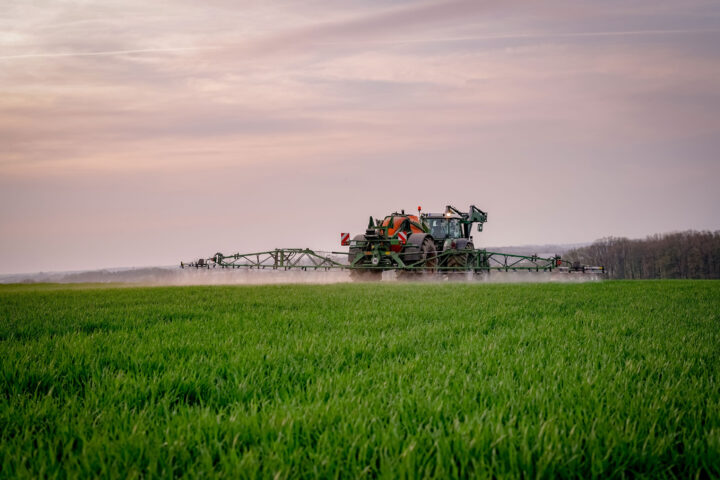
Unfounded Fears of Subtle Poisoning
In a compelling interview with Berliner Tagesspiegel, Andreas Hensel, a renowned Ger-man veterinary, and microbiologist, underscores the often-misunderstood perceptions regarding pesticide-related risks.
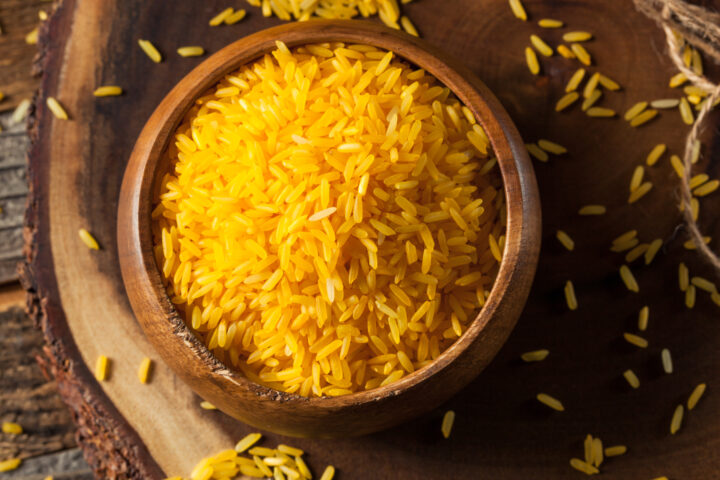
Gene Technology Obstacles Result in Lost Lives
The World Health Organization (WHO) believes that a staggering 500,000 children across the globe become blind every year due to a lack of vitamin A.
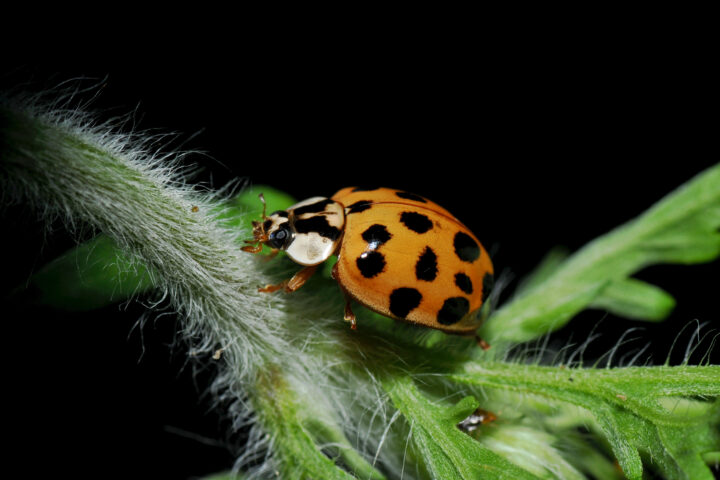
Invasive Species Play a Role in Species Extinction
The UN's Intergovernmental Science-Policy Platform on Biodiversity and Ecosystem Services (IPBES) has explored how invasive alien species contribute to species extinction. The report's findings are stark: Invasive alien species significantly threaten our natural environment, economy, food security, and health.
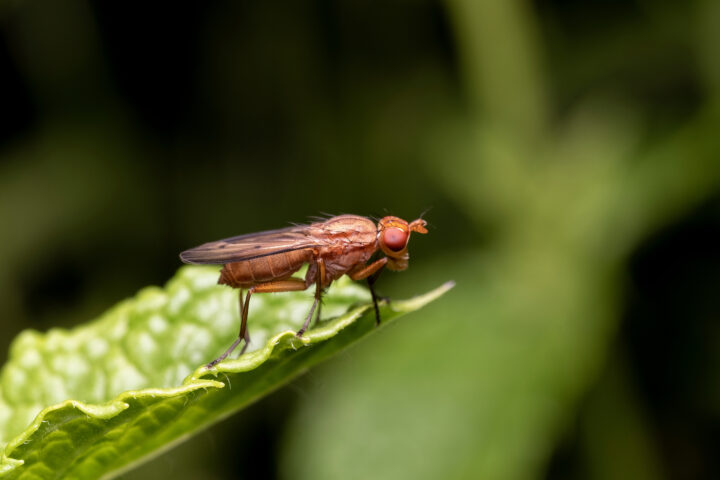
Cherry Vinegar Fly Endangers Switzerland's Traditional Tall Trees
Switzerland is witnessing a concerning decline in its traditional tall fruit trees. Not only is their upkeep labor-intensive, but the introduced cherry vinegar fly (Kirschessigfliege) has also wreaked havoc on their fruit.
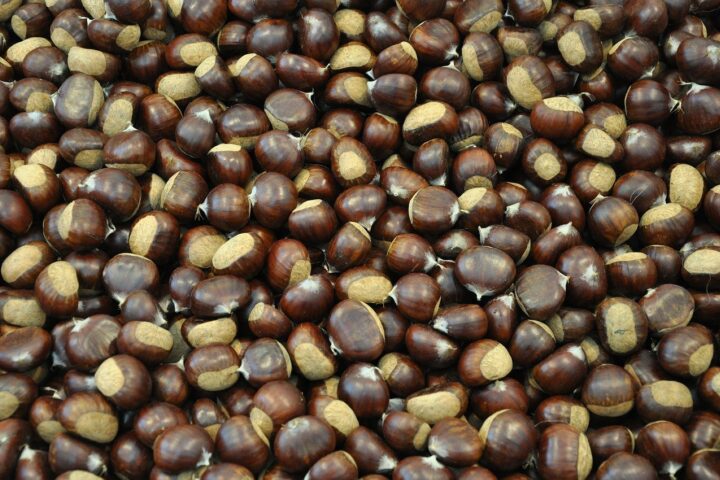
Invasive species threaten native plants
The economic interdependence of the world has increased greatly over the past years and decades. Due to the brisk trade activity between the continents, invasive plant and animal species are also spreading faster and faster. This can lead to serious problems for native vegetation and agriculture. According to the FOEN, the canton of Ticino is particularly affected.
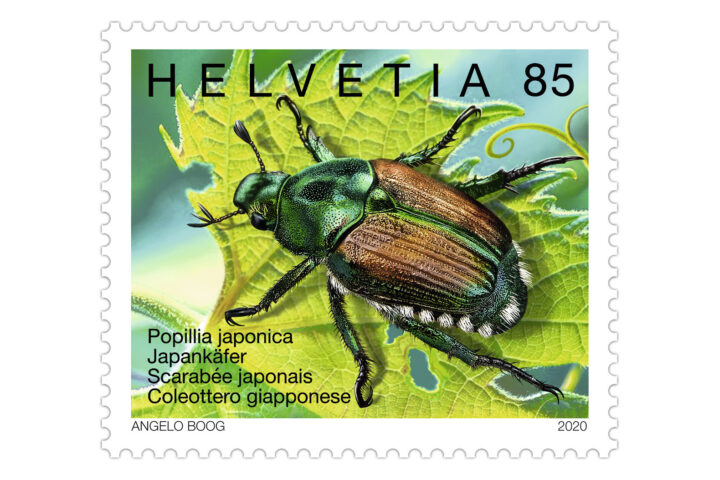
Traveling Japanese beetle threatens native plants
The Japanese beetle was first discovered in Switzerland in 2017 in Ticino. Now it has made it to the northern side of the Alps. After being found in Basel-Stadt and Solothurn, a larger population of the beetles has been found in Kloten for the first time. They are controlled with traps, but also pesticides.
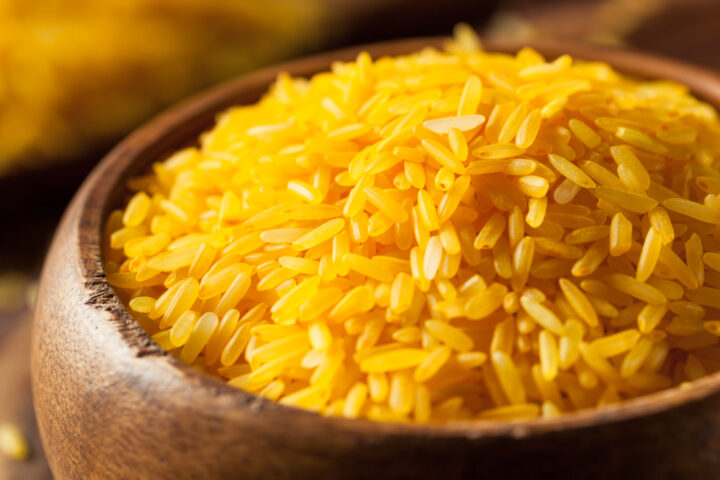
Environmental organizations put children's lives at risk
In the Philippines, the cultivation of Golden Rice has been temporarily banned. NGOs have obtained a cultivation ban based on scientifically untenable arguments. The poorest people, who could be protected from nutritional deficiencies by this rice, are the ones suffering the most. Martin Qaim, a professor of agricultural economics at the University of Bonn, strongly criticizes this renewed blockade and explains the background in the "Frankfurter Allgemeine Zeitung."

Biotech Breeding in Africa: A New Hope for Small-Scale Farmers
For potato farmers globally, late blight has been a persistent foe. While European farmers battle it, in Africa, the repercussions are often more devastating due to limited resources. Yet, there's newfound hope.
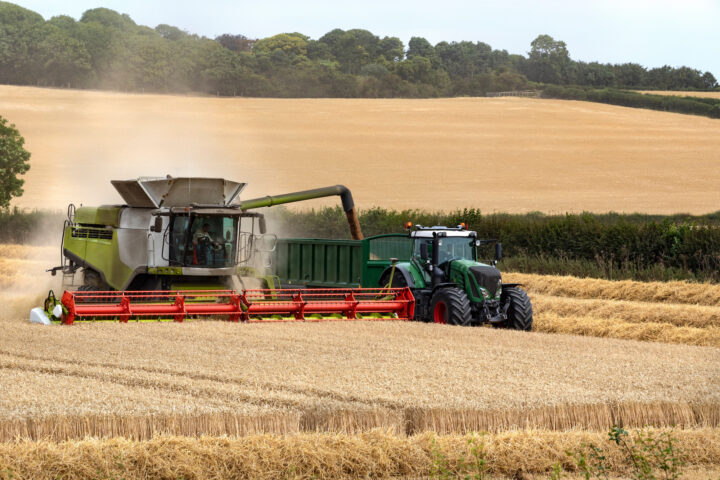
Genome editing: United Kingdom on its way to the top
The British Parliament is planning to pass a law that will provide new legislation for new breeding technologies, such as genome editing. This new legislation will pave the way for Great Britain to become a leading figure in agri-food research.
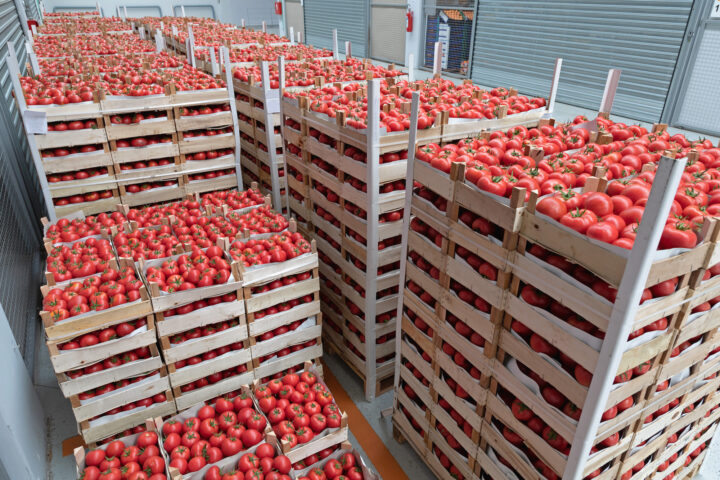
According to the Director of the Federal Office for Agriculture, “every second meal is imported”
The coronavirus pandemic, the Ukraine war and the energy crisis have all brought the vulnerability of supply chains into sharp relief. In an interview with the Tages-Anzeiger, the Director of the Federal Office for Agriculture, Christian Hofer, warns against becoming too dependent on food imports. Switzerland must take care of its food security.
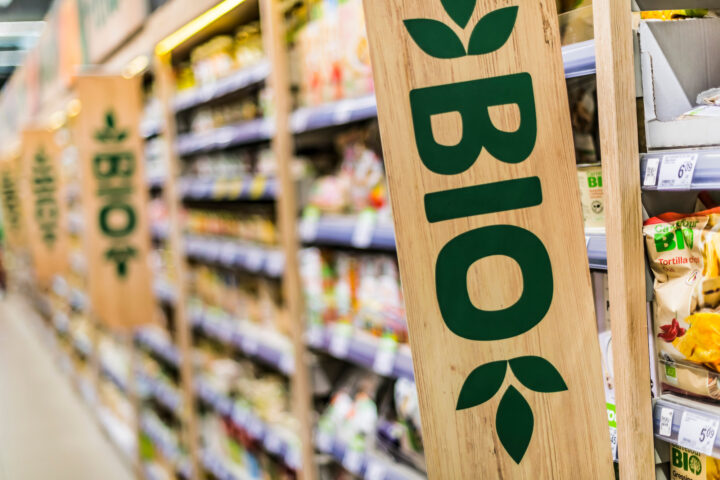
Organic products more frequently affected by recalls
Organic products have to be taken off retailers’ shelves at an above-average rate. The reason for this is toxins from plants harvested together with the organic produce or from molds. They can be controlled less well in organic agriculture than in conventional agriculture.

Africa: 500 million people without water security
Around one third of the people on the African continent live without safe access to water. According to the United Nations, even in the most water-rich regions of the continent there is insufficient water security. In addition, the large groundwater reserves in Africa are virtually unused. In the most recent World Water Report, the UN therefore calls for intelligent use of groundwater.

Wars and political calculations fuel famine
In the 20th century, an estimated 70 million people died as a result of famine. A look into the history shows: Almost always wars or authoritarian rulers were the cause of hunger.
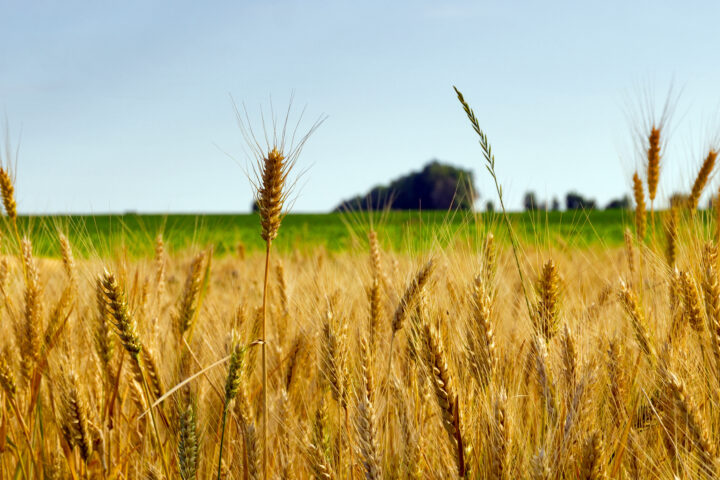
Fighting against genome editing with yesterday’s weapons
The Council of States (upper house of the Federal Assembly of Switzerland) intends to allow genome editing provided that no foreign genetic material is inserted into new plant varieties through this method. The decision is causing consternation among genetic engineering skeptics. But you only have to look at their arguments to see that the opponents of genetic engineering are fighting with yesterday’s weapons.
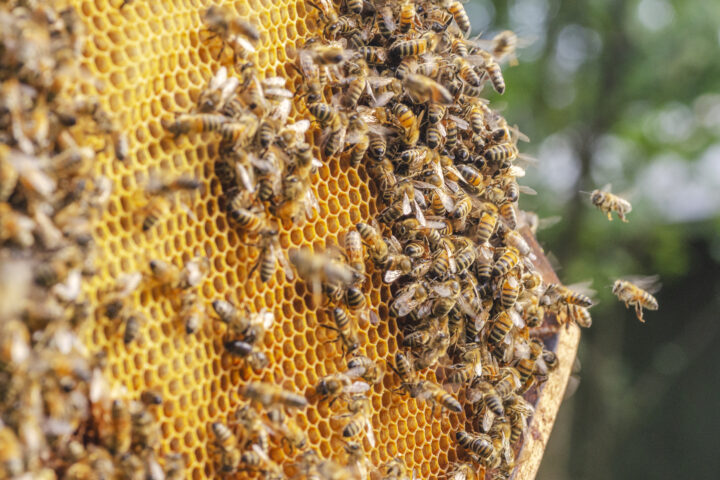
Honey bees not on brink of extinction
For about 15 years now, the story of alleged colony collapse disorder has persisted in the media, often attributed to pesticides and genetically modified plants. There is increasing evidence, however, that worldwide honey bee populations remain stable or are even growing.
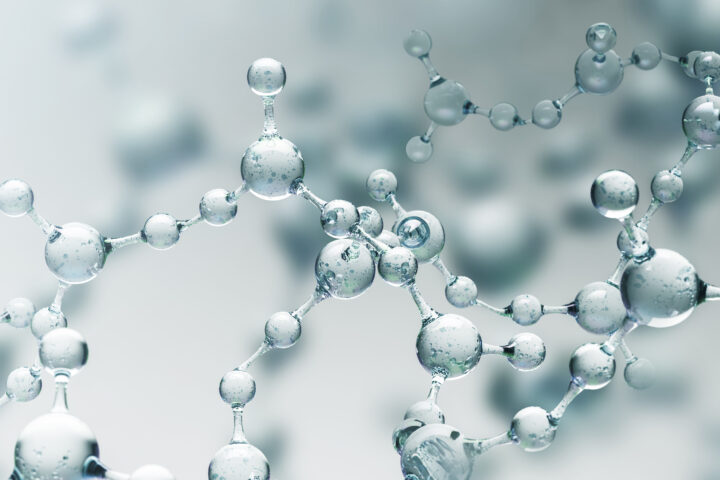
Chemistry is everything - it also protects against natural poisoning
Professor Nuno Maulide is Director of the Institute of Organic Chemistry at the University of Vienna. The Portuguese-born professor talks about misunderstood chemistry in an interview with Visao, a Portuguese news magazine.

Even the pasta from the organic speciality shop cannot be produced without genetic engineering
The EU is currently debating the regulation of new plant breeding methods. The discussion is also underway in Germany. The knowledge magazine Terra X has taken this discussion as an opportunity to look at the topic in more detail.
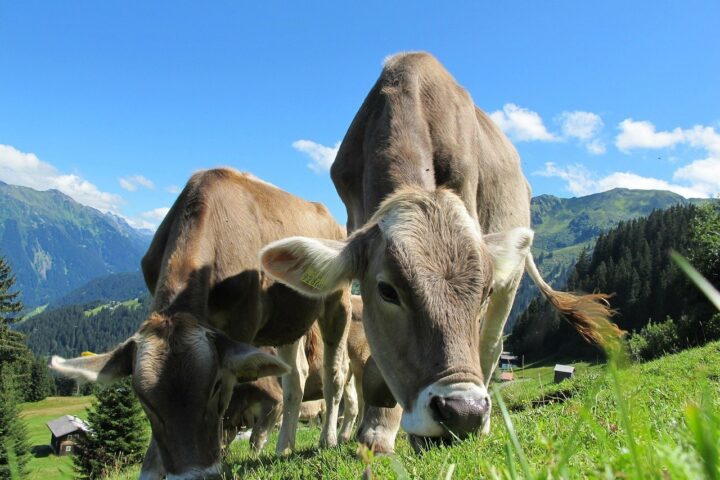
Genome editing for livestock farming
More than 800 animal scientists met recently at the annual meeting of the European Federation of Animal Science (EAAP) in Davos, Switzerland, to discuss challenges and solutions relating to the future of livestock breeding and farming.
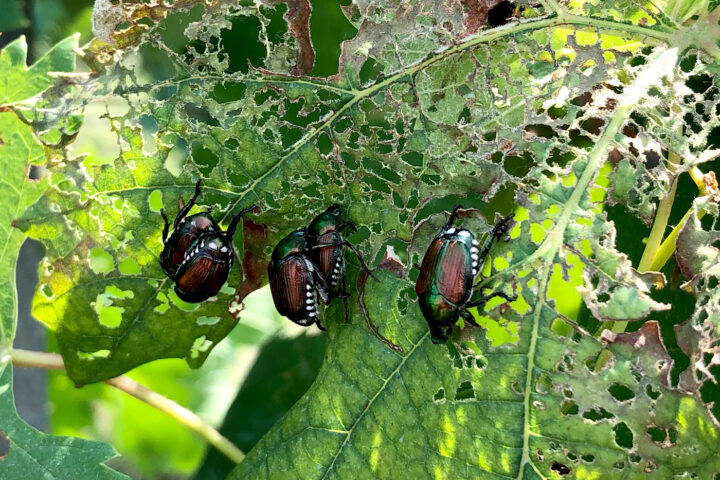
Report the invasive Japanese beetle immediately!
The voracious Japanese beetle is threatening to spread in Switzerland. It was introduced to Switzerland four years ago and was first discovered in the canton of Ticino. To prevent the spread of the pest, the Agroscope research centre is working together with the people of Ticino. An innovative tool is being used to enable the rapid reporting of any discoveries of the Japanese beetle.

Risk management rather than paralysis
Europe struggles with risk management. Rather than weighing the benefits and risks of technologies, it focuses mainly on a cautious approach.
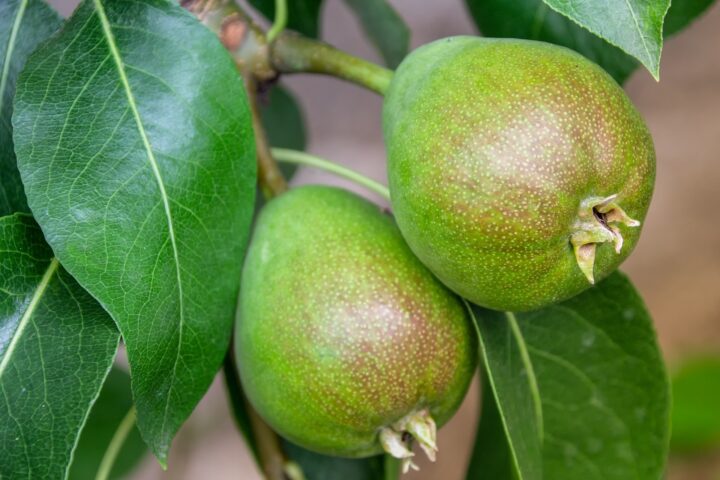
«Pesticides are becoming increasingly toxic»
This is the opposite of the truth. Over the last few decades, pesticides have become safer and safer. New active ingredients are subjected to extremely stringent approval processes.
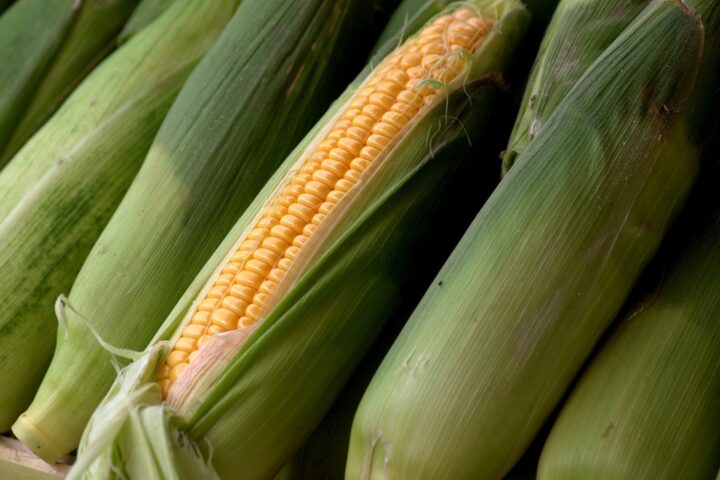
“Genetic engineering endangers health”
It is often said that genetically modified foods are not safe and could have a negative impact on human and animal health. However, these claims cannot be substantiated by facts.
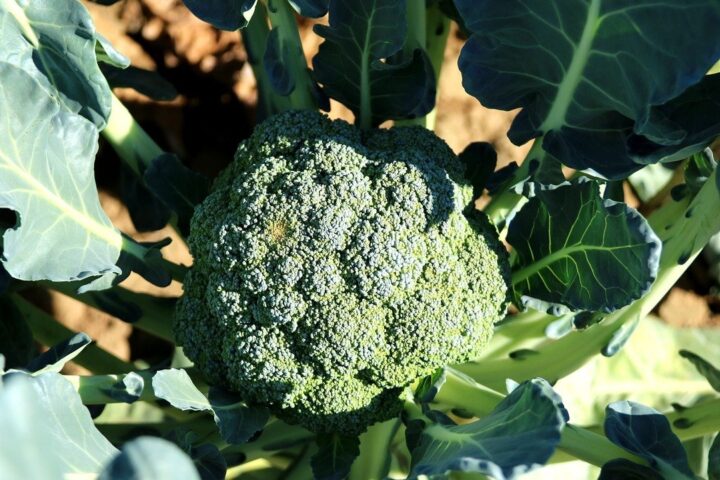
‘Pesticides are poisoning our food’
Measured residues of plant protection products are often sensationalised in the media. The fact that these residues are well below the levels that could affect our health is usually not mentioned. Equally unmentioned is the fact that pesticides make it possible to produce healthy food for broad sections of the population in the first place and thus contribute significantly to public health.
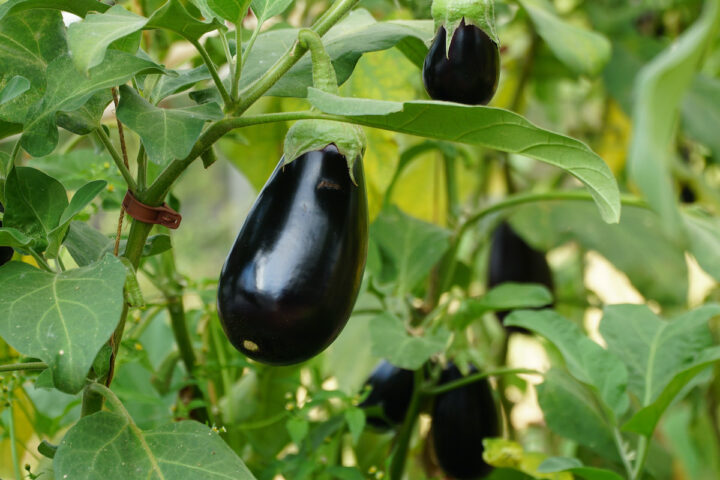
“More than 200,000 deaths annually due to pesticide poisoning”
If you look closely, you can see: The number comes from a 35-year-old study. In a thought experiment at the time, suicides involving pesticides in Sri Lanka were extrapolated worldwide.

Facts about drinking water and limit values
'Pure' water is either a tasteless distillate or a selling point. As natural products, neither tap water nor branded water is 'pure'. However, both can be drunk without hesitation.

Difference between risk and danger
Danger and risk are often confused in the discussion surrounding pesticides. Sometimes the two terms are even used synonymously. That is as incorrect as it is negligent, because dangerous substances do not always present a high risk. By the same token, substances that are not considered to be dangerous can indeed pose a risk. Danger and risk are therefore not identical.

Scientists urge common sense
The second swiss-food-talk was attended by three internationally recognised experts from the fields of toxicology, water protection and food safety. They discussed the handling of limit values and the partly wrong interpretation in the public discourse. The scientists pleaded for more objectivity.
Content in German

Creeping threat to food safety
Food safety is in danger. Mycotoxins are particularly dangerous. These are fungal toxins that attack cereals or nuts, for example.
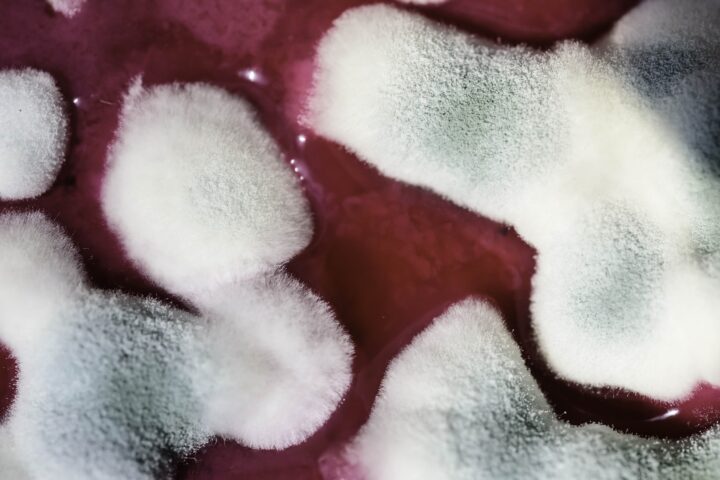
Creeping threat to food safety
Food safety is in danger. Mycotoxins are particularly dangerous. These are fungal toxins that attack cereals or nuts, for example.

Inspection report calls pesticide ban into question
On 12 December, the federal government announced the ban of the fungicide chlorothalonil – although a report classified two degradation products as «not relevant».

When panic collides with knowledge
Chemophobia is the scientific term. And it refers to a panicky fear of chemicals. In contrast, the natural world is seen as the source of all good things. From a scientific point of view, this simplified view is nonsense. Synthetic is not synonymous with toxic, as laypeople often think. The dose is decisive for the toxicity of both natural and synthetic substances.
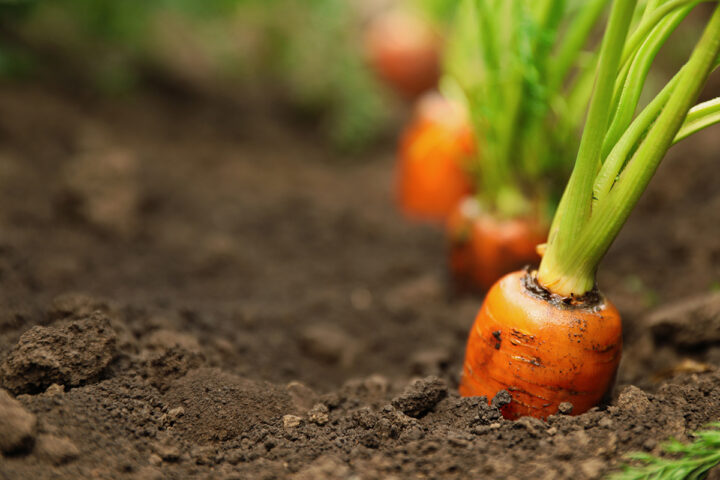
"Natural is healthy, chemicals are toxic."
Everything that occurs in nature is healthy and synthetically produced substances, i.e. "chemical" substances, are toxic. This myth is fundamentally wrong: There are many highly toxic substances in nature, and at the same time there are many synthetic substances that are absolutely harmless.


